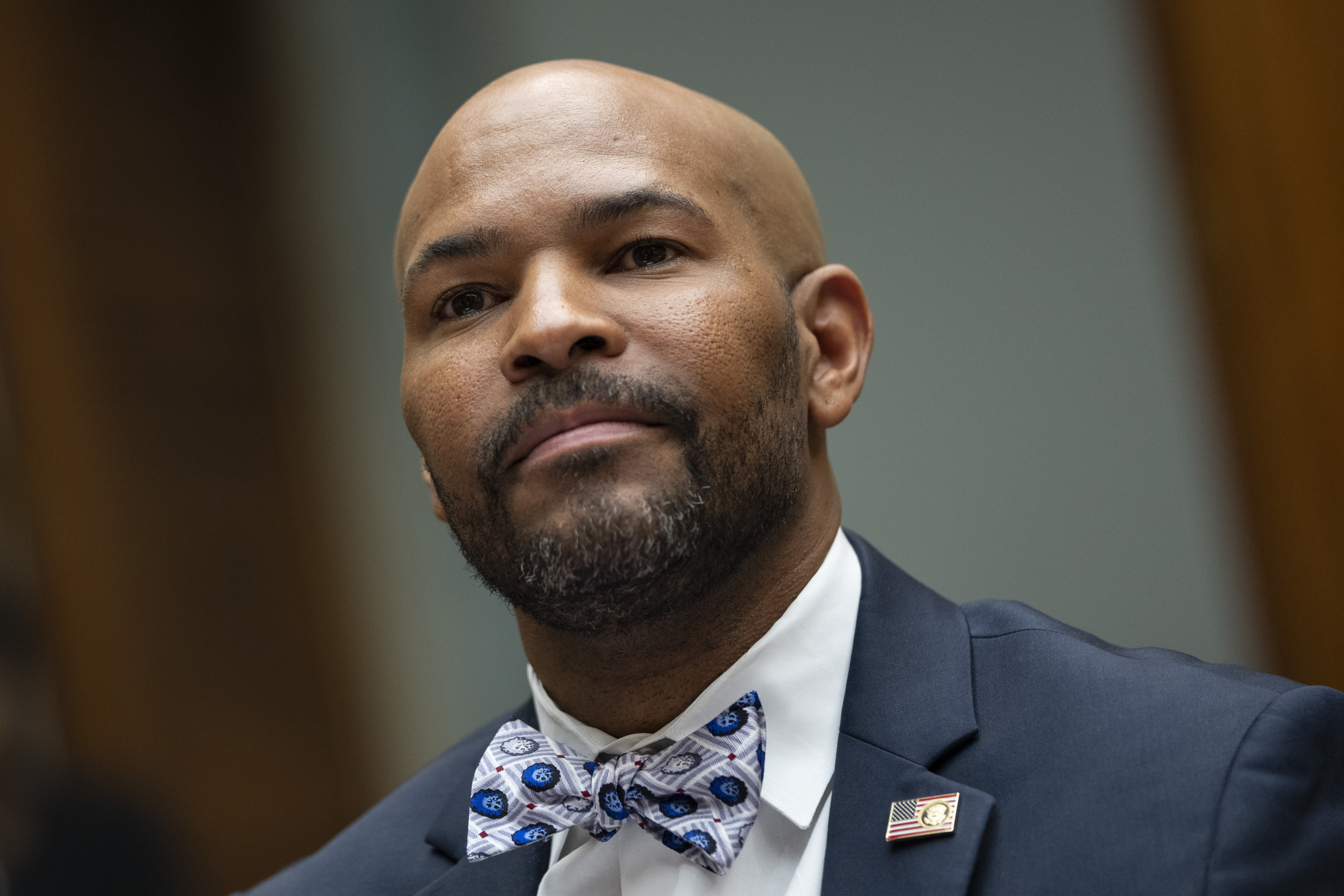Cillian Murphy follows his Academy Award-winning lead turn in Christopher Nolan’s Oppenheimer with an aptly named film a fraction of that size. Director Tim Mielants’ adaptation of Claire Keegan’s 2021 novel Small Things Like These stars Murphy as not a man who became Death, destroyer of worlds, but as an Irish coal merchant who stumbles upon his small town’s open secret.
Keegan and now Mielants tell the story of Bill Furlong (Murphy), a father to five daughters who discovers that the convent which runs their Catholic school simultaneously runs not a shelter for wayward girls, as Bill’s wife Eileen (Eileen Walsh) wants to believe, but an infamous Magdalene laundry. As a closing dedication explains, 56,000 young women were sent to these church-run, government-funded laundries for penance and rehabilitation between 1922 and 1998 alone. Many of these girls were pregnant and had their babies taken from them. The laundries date back to the 18th century, when they were workhouses for “fallen women,” or sex workers. But quickly the term “fallen woman” could refer to those who had sex out of wedlock, who were too flirtatious, or simply “deemed unfit for society.” These “workhouses” turned into deadly slave-labor prisons, where nuns doled out tortuous punishments with impunity.
And “the nuns have a hand in every pie,” a local bartender forebodingly explains to Bill. It’s a warning as he finds himself morally tortured in the days following his chance encounters with the abused girls taking up residence in the convent. Bill is otherwise a quiet man of few words, cradled by an aura of perpetual melancholy despite his bustling house full of lively, chatty women. Bill, at first, is characterized as something of a neutral voyeur, who bears witness to the poverty and mistreatment which make up the unspoken dirty secrets found in many a small town: A row between a man and a woman, a homeless child lapping up a saucer left out for stray cats, a young classmate of his daughters’ trudging home alone to his drunkard father. This latter incident sees Bill offer aid, but when he reveals to his family that he left the boy with some money, they respond with eye rolls—the money will only go to more booze. The prevailing sentiment is that it’s better to leave well enough alone, and the occasional eerie red spotlight with which cinematographer Frank van den Eeden bathes Bill’s face as he observes this suffering marks him as a mere spectator.
But the first incident with the convent troubles Bill far more than the boy in the road. While delivering an invoice for a shipment of coal, Bill is accosted by one of the girls, who desperately pleads with him to take her away. With a scolding from a nun not to enter the convent unannounced and instruction to return another day, Bill leaves shaken. He becomes swarmed by memories of his own young single mother (Agnes O’Casey), who received compassion from an elder instead of abuse, which the film plays out in sporadic flashbacks. Where would Bill be now without the kindness given to him as a young boy by Mrs. Wilson (Michelle Fairley), he wonders aloud to Eileen, who insists that whatever her husband experienced at the convent is none of their business. Of course, viewing things as “none of one’s business” is how corruption spreads, and just one small part of what allowed the real Magdalene laundries to thrive for as long as they did. In their town of New Ross, no one questions the church and the pious nuns, who only do their part in protecting the town’s children. Besides, who would want to deny their children a good education at the Catholic school? The nuns can excommunicate any who cross them.
Bill descends further into moral opacity when he makes his return to the convent and finds a young woman, Sarah (Zara Devlin), locked outside in a shed on a cold night, and who he had earlier witnessed being physically forced against her will into the laundry by her own mother. While warmed by a fire, the assuring lies that Sister Mary (Emily Watson) feeds Bill about the circumstances of Sarah’s “accidental imprisonment” do not sit well with his soul. Even less comforting is the Christmas tip Mary slides into an envelope along with a holiday card, a much heftier sum than normal. A role outside of the norm for the British actress, Watson plays the Mother superior of the convent with the quiet yet despotic menace of a mafia don. Indeed, the convent’s influence over the town bears resemblance to that of a criminal syndicate, especially in the way that word of Bill’s interaction spreads among the townsfolk, leading to the bartender who cautions Bill: “Watch what you say.”
Murphy leads the film, returning to his native Ireland, in a role that doubles as a powder keg of unresolved pain as well as a reminder that Murphy’s blockbuster bonafides don’t negate his indie roots. Produced by Murphy and helmed by the filmmaker who directed the third season of Murphy’s Peaky Blinders, Small Things Like These comes across as Murphy’s attempt to pay it forward after his world-renowned acclaim. In a big role or a small one, Murphy is seamless at embodying a figure tormented by moral conflict while keeping the heft of that conflict buried deep in his psyche. With Murphy’s watchful, deep-set eyes and careful manner of speech, Bill’s physicality harbors his secrets. His ethical queries are kept inward, etched into the creases in his skin. He attempts every night to literally (a bit too literally) wash his hands of the grime he’s carried with him from another day of bearing the burden of truth. Mielants’ cold, isolating framing depicts Bill as a man who has always carried his pain alone, who now possesses knowledge that only further detaches him from his family and community.
For those unfamiliar with the history of Small Things Like These’s source material, the uncovering of abuse does not suddenly kickstart the story into some sort of Spotlight exposé. The tense fireside chat between Bill and Mary is not a turning point, but a crescendo. Claire Keegan’s book could be more appropriately characterized as a novella at only 128 pages, but Small Things Like These is by no means briskly paced as a film, and Mielants guides the narrative (adapted by Enda Walsh, whose play Disco Pigs served as Murphy’s acting debut) as an intimate slow burn. Instead of an unfurling string of damning revelations that bring light to the Magdalene laundries and end their reign, Small Things Like These instead functions as a parable about how minor acts of kindness can be the strongest defense against powerlessness in the face of corruption. It’s a moral poignant in its simplicity, if also a bit lacking in how utterly uncomplicated and even expected it is. Even the sturdy desolation of Mielants’ direction and both Watson and Murphy’s simmering performances can’t quite overcome a slightly deflating denouement. Still, with Murphy’s name attached, Small Things Like These serves perhaps most crucially as a larger-profile venture for exposing audiences to a history that the powerful in Ireland would prefer to forget. It also functions as a reminder that everyone within them has the power to do good—even if it feels inconsequential, and especially if it feels like a risk.
Director: Tim Mielants
Writer: Enda Walsh
Stars: Cillian Murphy, Eileen Walsh, Michelle Fairley, Clare Dunne, Helen Behan, Emily Watson
Release date: November 8, 2024




















 English (US) ·
English (US) ·